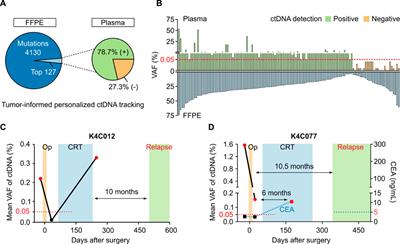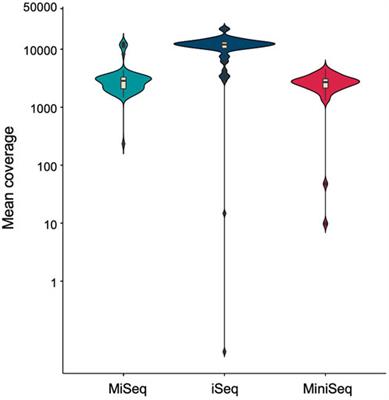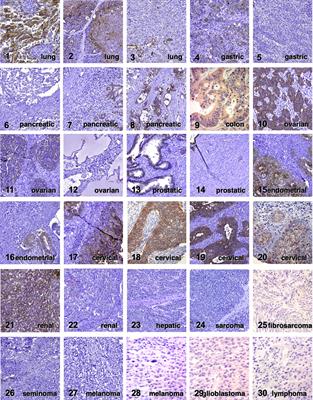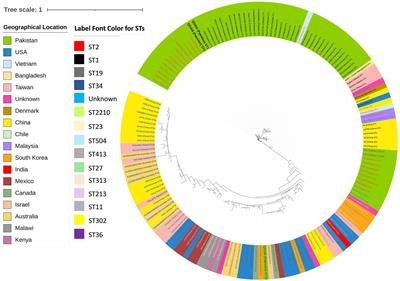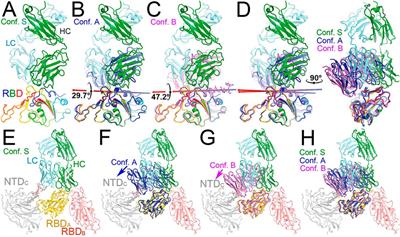ORIGINAL RESEARCH
Published on 07 Mar 2024
Proband-independent haplotyping based on NGS-based long-read sequencing for detecting pathogenic variant carrier status in preimplantation genetic testing for monogenic diseases
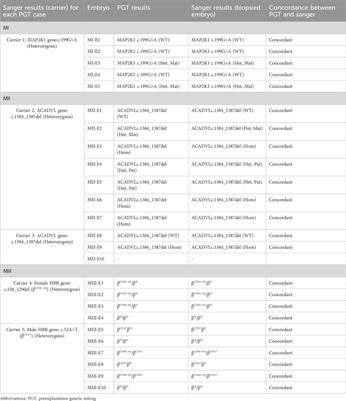
doi 10.3389/fmolb.2024.1329580
- 1,824 views
- 3 citations
